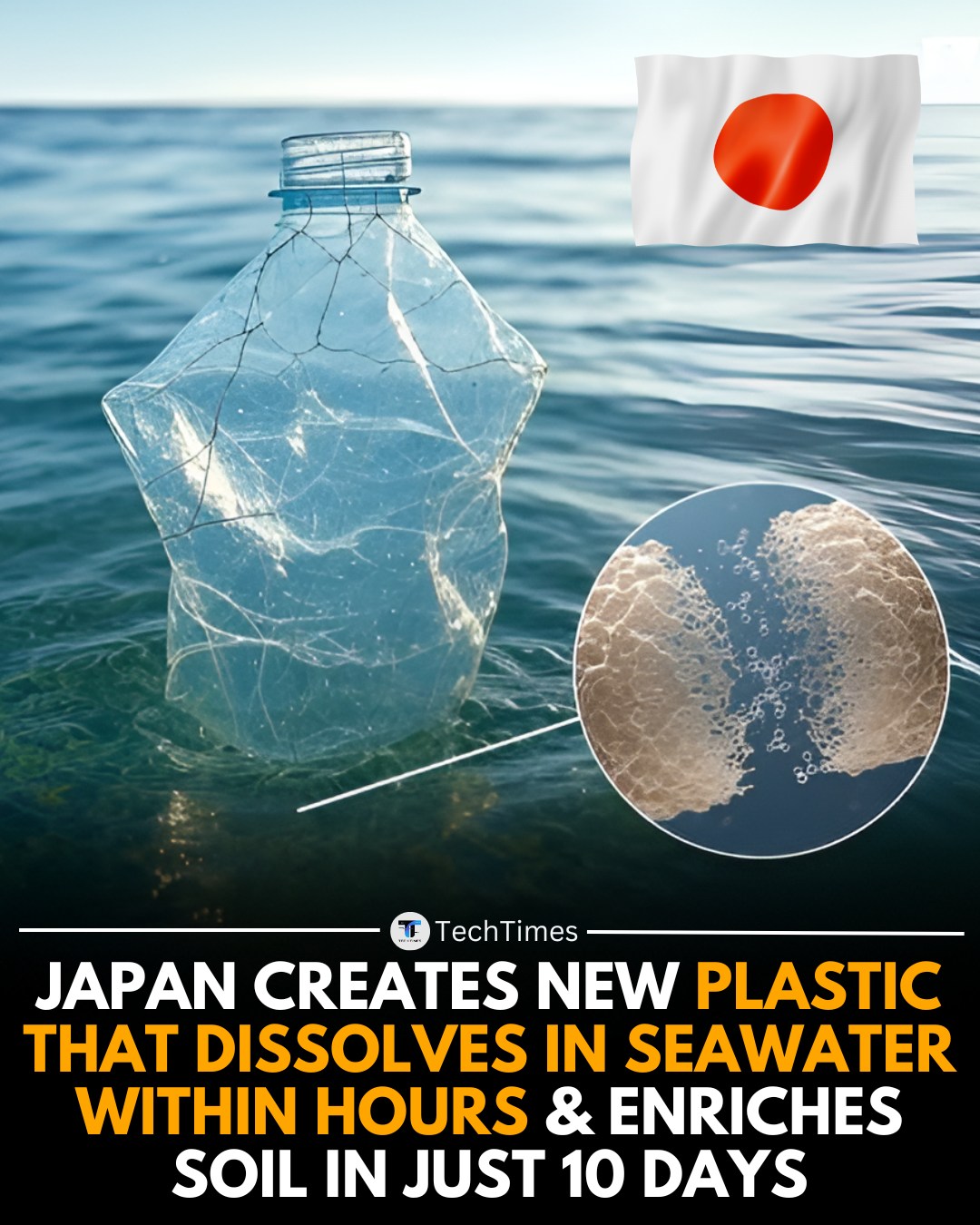Japan is building Dogen City — a revolutionary floating city designed to house 40,000 people while withstanding floods, tsunamis, and climate disasters. Built by startup N-Ark, this self-sufficient city is set to be completed by 2030 and could redefine how humanity lives with rising seas.
Its ring-shaped design includes renewable energy, vertical farming, smart medical care, and even an underwater data center. Most remarkably, it’s designed to float with the ocean current, absorbing shocks from natural disasters. Dogen City isn’t just science fiction—it’s a blueprint for the future of resilient living.
#DogenCity #JapanInnovation #FloatingCity #ClimateResilience #FutureCities
Its ring-shaped design includes renewable energy, vertical farming, smart medical care, and even an underwater data center. Most remarkably, it’s designed to float with the ocean current, absorbing shocks from natural disasters. Dogen City isn’t just science fiction—it’s a blueprint for the future of resilient living.
#DogenCity #JapanInnovation #FloatingCity #ClimateResilience #FutureCities
Japan is building Dogen City — a revolutionary floating city designed to house 40,000 people while withstanding floods, tsunamis, and climate disasters. Built by startup N-Ark, this self-sufficient city is set to be completed by 2030 and could redefine how humanity lives with rising seas.
Its ring-shaped design includes renewable energy, vertical farming, smart medical care, and even an underwater data center. Most remarkably, it’s designed to float with the ocean current, absorbing shocks from natural disasters. Dogen City isn’t just science fiction—it’s a blueprint for the future of resilient living.
#DogenCity #JapanInnovation #FloatingCity #ClimateResilience #FutureCities











